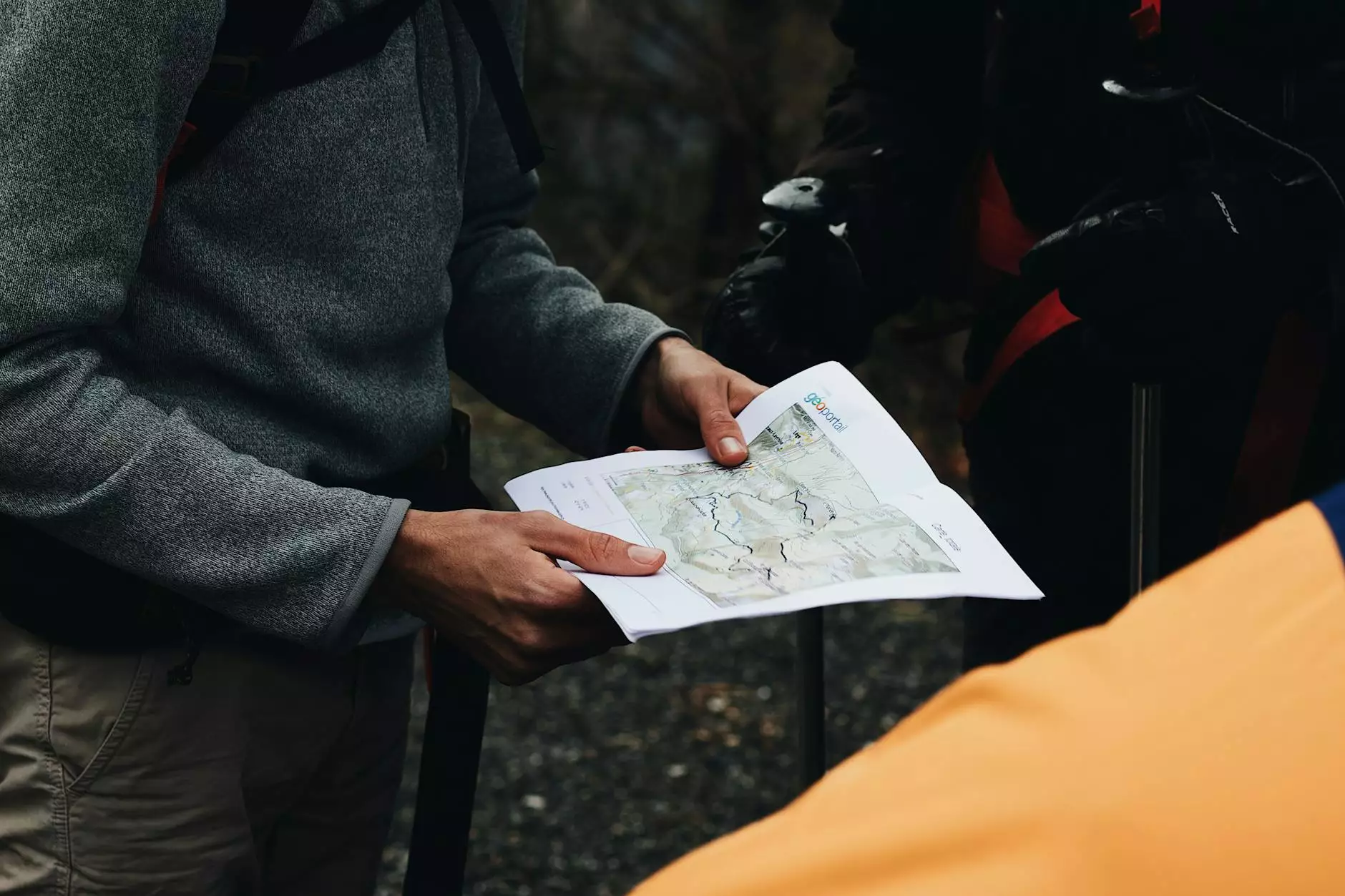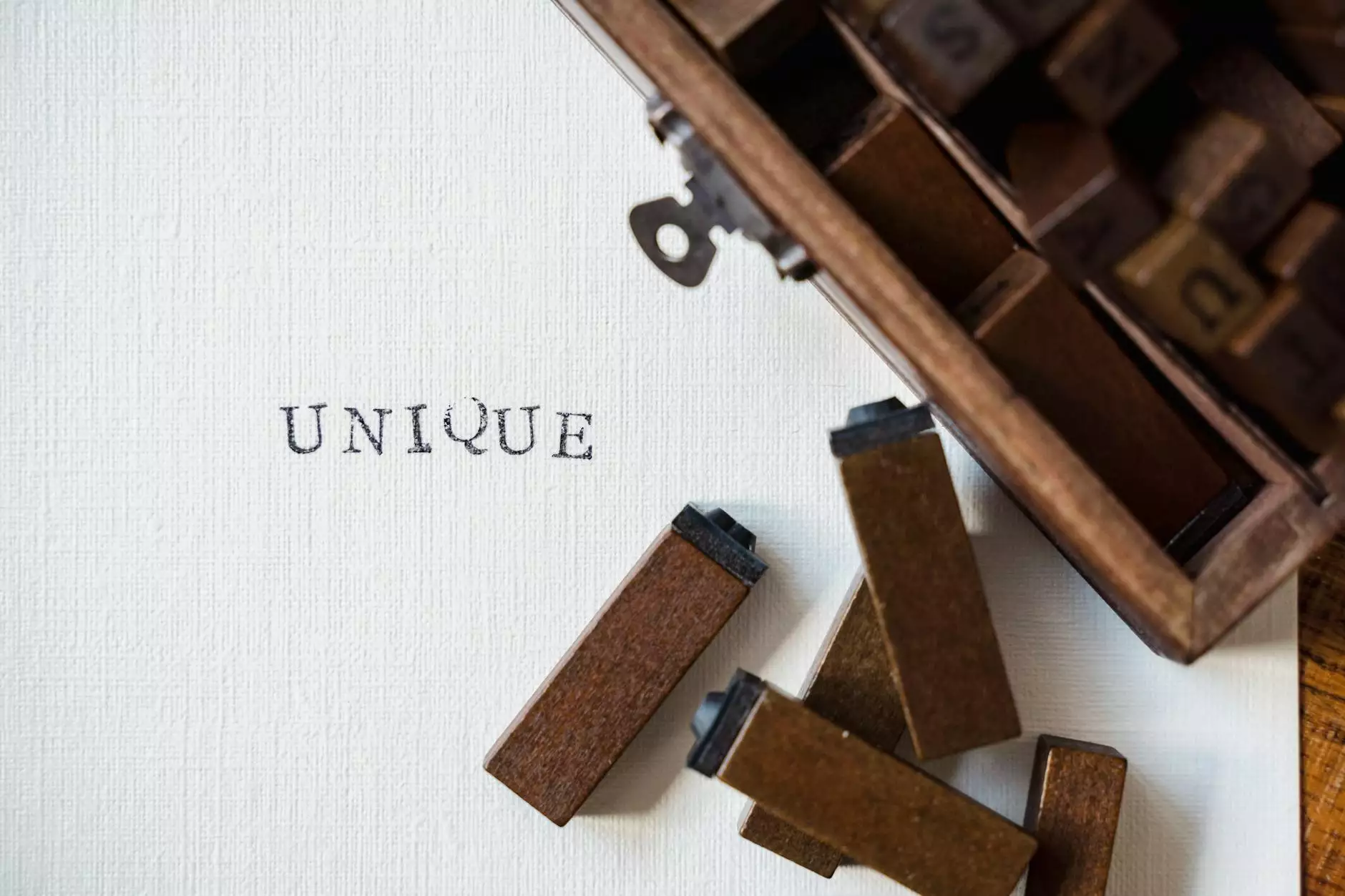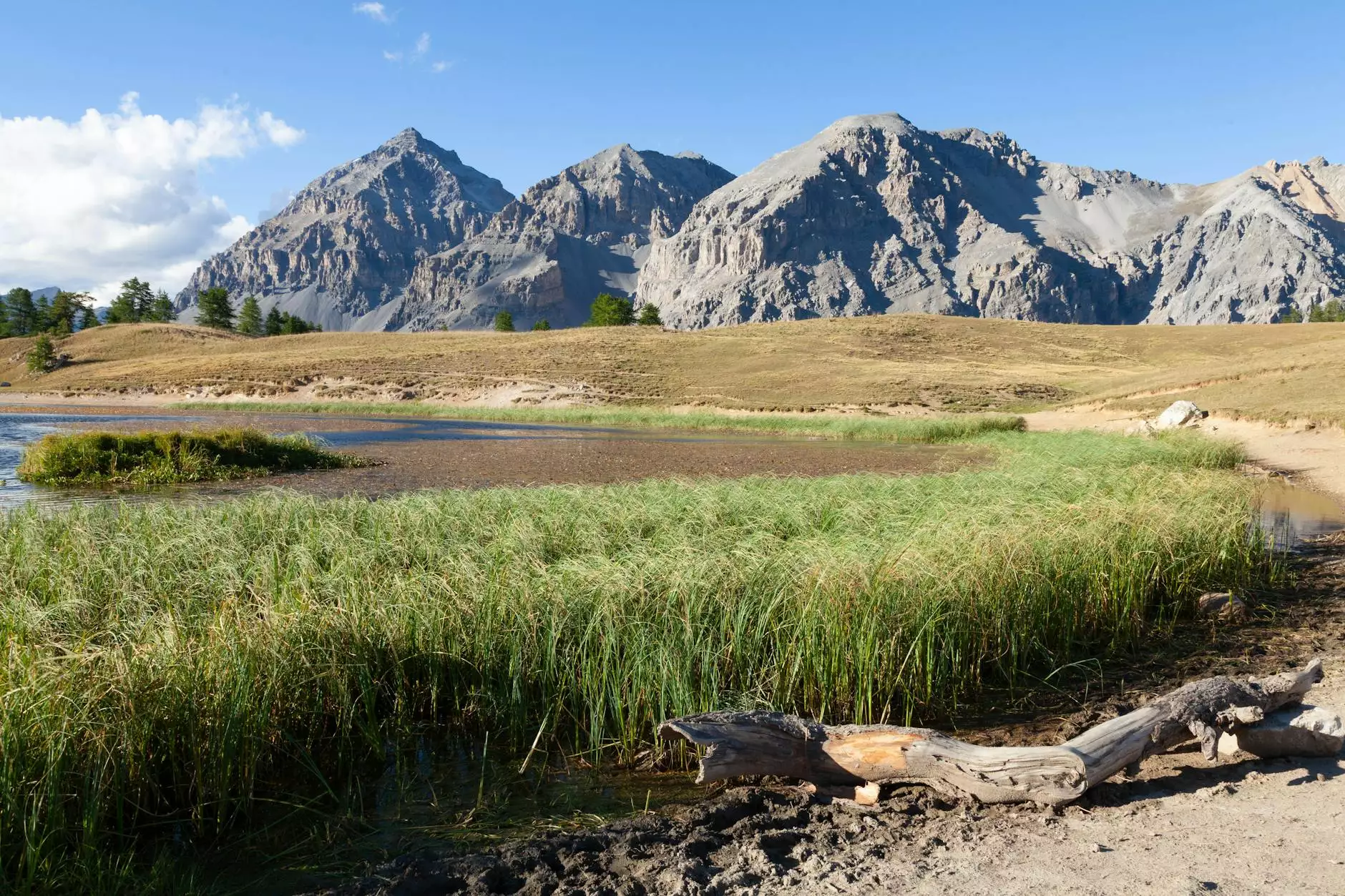The Complete Guide to Understanding Everest Trekking Cost

If you’re dreaming of standing at the base of the world’s highest peak, Mount Everest, one of the first questions that will cross your mind is, “What is the Everest trekking cost?” Understanding the nuances of this cost is essential for effective planning. In this extensive guide, we will dive deep into the various factors that contribute to the overall expense of trekking to Everest.
1. Key Factors Influencing Everest Trekking Cost
The cost of trekking Everest can vary widely based on several crucial factors. These include:
- Time of Year: The trekking season plays a significant role. The peak seasons, typically in Spring (April to May) and Autumn (September to November), can be more expensive.
- Type of Trek: Whether you choose the classic Everest Base Camp trek, Gokyo Lakes trek, or more adventurous routes will impact costs.
- Package Type: Costs vary significantly between guided treks, independent treks, and all-inclusive packages.
- Flights: The cost of round-trip flights to Nepal and domestic flights to Lukla must be considered.
2. Breakdown of Everest Trekking Costs
2.1. Permits and Fees
One of the initial expenses you should calculate is the cost of trekking permits. For Everest, you will need:
- Trekking Permit (TIMS): Approximately $20 - $40 depending on whether you're trekking independently or with a guide.
- National Park Fee: Around $30 for the Sagarmatha National Park entrance fee.
- Everest Expedition Permit: If you’re planning to go beyond Base Camp, this can range from $11,000 to $25,000.
2.2. Guide and Porter Services
Many trekkers opt for the assistance of a guide and porter. Their fees can range significantly. Generally, you can expect the following:
- Guide Costs: Around $25 - $40 per day.
- Porter Costs: Approximately $15 - $25 per day.
It’s highly recommended to hire these services for a more enriching and safer experience as they know the trails well and can carry your luggage.
2.3. Accommodation Costs
Accommodation can greatly affect your Everest trekking cost. Options range from basic tea houses to more luxurious lodges:
- Tea Houses: Budget around $5 - $20 per night while in the mountains.
- Luxury Lodges: If you prefer comfort, prices can rise to $100 or more per night in luxury accommodations in the region.
2.4. Food and Water Costs
Food is another significant expense, and it can be more costly in the trekking regions compared to urban areas:
- Meals: Expect to pay between $10 - $30 per day for food, depending on your choices. Prices tend to rise with altitude.
- Water: Hydration is crucial, so plan to budget for purchasing bottled water or purifying it yourself.
2.5. Miscellaneous Expenses
It’s also wise to allocate some budget for miscellaneous expenses such as:
- Travel Insurance: Essential for covering cancellations and emergencies, costs can range from $100 - $300.
- Gear Rental or Purchase: If you don't own hiking gear, rentals or purchases can cost several hundred dollars.
- Souvenirs and Tips: Consider budgeting for tips for guides and porters, as well as other incidentals.
3. Total Estimated Costs of the Everest Trek
Taking into account all the factors and expenses, here’s a rough estimate of what you can expect:
- Budget Trekker (TIMS + Tea Houses + Self-guided) Costs: Approximately $1,000 - $2,000.
- Mid-range Trekker (Guided + Comfortable Lodges) Costs: Around $2,000 - $5,000.
- Luxury Trekker (All-inclusive packages + Luxury Lodges) Costs: $5,000 and up (can easily reach $10,000).
4. Planning Your Everest Trek
Now that you have a clear understanding of the Everest trekking cost, it’s essential to plan your expedition meticulously. Here’s a step-by-step guide:
4.1. Research Extensively
Start by researching various trekking companies that can provide the services you need. Visit websites such as My Everest Trip to gather information about packages and options.
4.2. Select the Right Trekking Season
Choosing the best time to embark on your trek is crucial. Research the weather patterns and tourist influx during different seasons.
4.3. Check Your Gear
Your trekking experience will be significantly influenced by the condition of your gear. Ensure that you have quality clothing and equipment before you set off.
4.4. Book Your Flights in Advance
Given that flights can be a significant part of your budget, booking in advance often results in better deals.
4.5. Be Prepared for Altitude Sickness
Educate yourself about altitude sickness and ensure you acclimatize properly during your trek. It could save you costs and, most importantly, your health.
5. Conclusion: Making the Most of Your Everest Trekking Experience
Planning an Everest trek could be one of the most rewarding experiences of your life, provided you maximize your budget and prepare adequately. By understanding the Everest trekking cost and making informed decisions regarding permits, guides, accommodation, and other factors, you can allocate your funds wisely without compromising your experience.
With careful planning, not only will you manage your costs effectively, but you will also have the opportunity to immerse yourself in the stunning landscape, rich culture, and hospitality of the Sherpa people. Start preparing today, and let your journey to Everest be both memorable and affordable!



